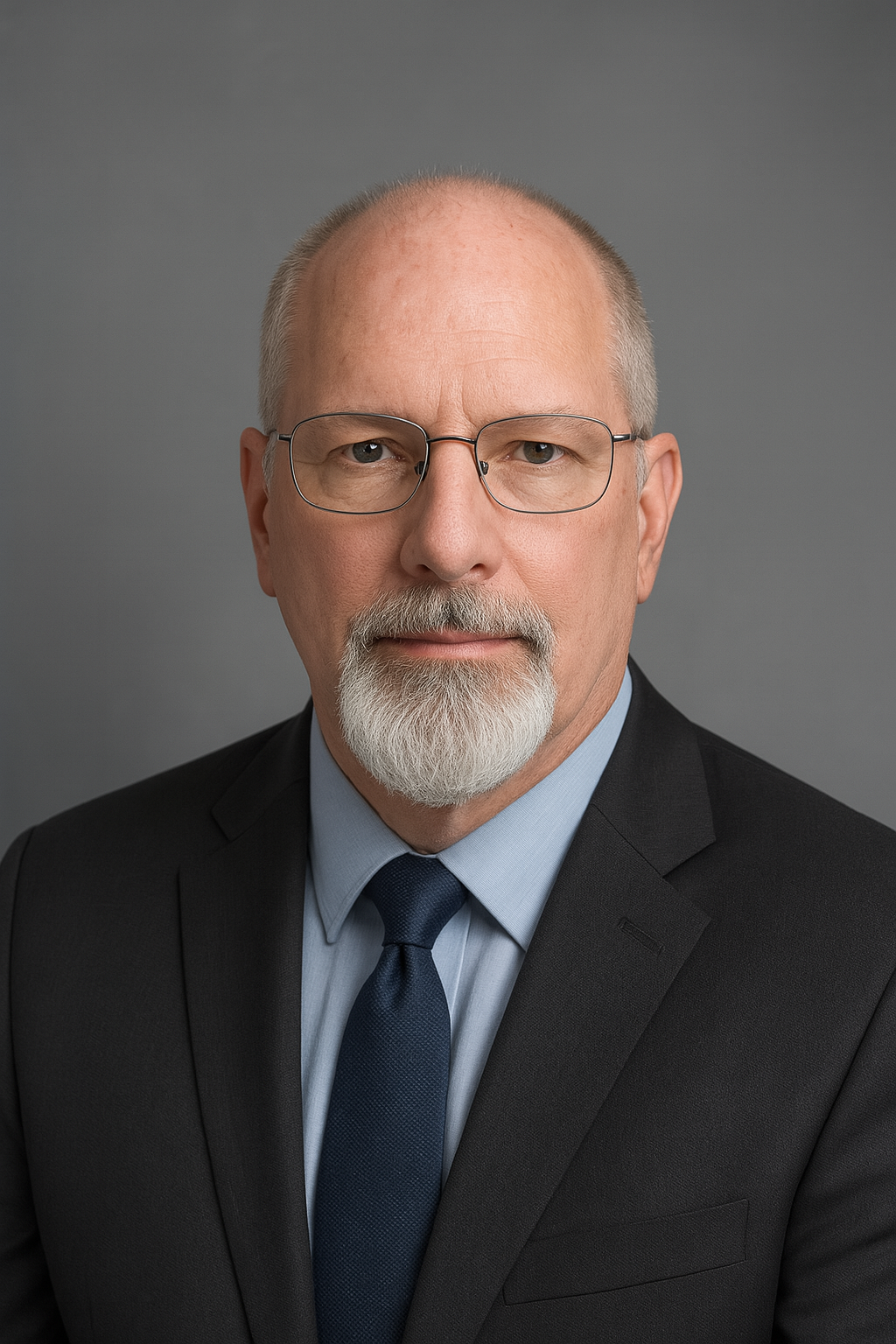
The FDA’s LDT regulations have been long in the making since the release of draft guidance, “Draft Guidance for Industry, Food and Drug Administration Staff, and Clinical Laboratories: Framework for Regulatory Oversight of Laboratory Developed Tests (LDTs),” in 2014. Since then, we have seen multiple proposed changes and also a legislative process beginning in 2018 with introduction of the Diagnostic Accuracy and Innovation Act (DAIA) and then introduction of multiple versions of the Verifying Accurate and Leading-edge IVCT Development (VALID) Act. These legislative efforts did not come to fruition, and the FDA moved forward with the rule-making process. The FDA finalized and published the rule on May 6, 2024, with an effective date of July 5, 2024. In this blog, we will explain the impact of the LDT regulations in simple terms in the form of a Q&A.
Q: What is the LDT rule?
A: The LDT rule is primarily one line with significant impact. The rule amends the FDA’s regulations to make explicit that IVDs are devices under the FD&C Act, including if the manufacturer is a laboratory.
Q: Does this mean that LDT companies need to follow all device regulations immediately?
A: No, the agency has established a phase-out policy and a few exemptions under continued enforcement discretion.
Q: What is the phase-out policy?
A: The phase-out policy is the gradual implementation consisting of five phases within four years and ending on May 6, 2028.
Q: What are these five phases?
A: These phases are as follows:
Q: What are some of the exemptions under continued enforcement for certain LDTs?
A: Exemptions can be divided into two categories:
Category 1: Continued general enforcement discretion for the following:
Category 2: Enforcement discretion for pre-market review: (Please note that Phases 1, 2, and 3 are still applicable):
Q: Our LDT is already on-market as of May 6, 2024. What does our organization need to do to comply with the LDT rule?
A: Your organization will be required to comply with Phases 1, 2, and 3 for the LDT rule starting with MDR, Correction and Removal, and Complaints Files from May 6, 2025. Your organization may also need to develop change control procedures and systems to review product changes to make sure that product changes after May 6, 2024 are in compliance with the rule. If these changes are significant, then you may need to meet pre-market review requirements.
Q: What types of procedures and system does my organization need to have in place to review significant changes?
A: We recommend reviewing the FDA guidance on “Deciding When to Submit a 510(k) for a Change to an Existing Device” and incorporating some of the decision flow charts as a part of your standard operating procedure (SOP) for product changes. Any changes that trigger submission of a new 510(k) may be considered significant.
We will provide additional information about each phase in future blogs. Please follow us on LinkedIn. You can also reach us at info@altaq.com or contact us if you have any questions or are wondering if your organization needs support in meeting these requirements.

David Heffelfinger joined AltaQ in December 2017. Prior to AltaQ he was Site Manager & Senior Director of Engineering for QIAGEN. As VP Engineering at PrimeraDx (acquired by QIAGEN), David contributed to a highly successful 501K submission and clearance by the FDA. In addition, he was an engineering executive at Beckman Coulter, BD Biosciences, and Bio-Rad Laboratories as well as at several startups and venture capital-backed companies including Biometric Imaging, Alpha Innotech Corp, and Luminys Systems. Dave was also a founder of his own company, Hyperspectra LLC. He has a B.S./M.S. in Physics from Wayne State University and an M.B.A. from Saint Mary’s College (Moraga CA).

Zain holds a Master’s degree in Bio and Immunoengineering from the Pritzker School of Molecular Engineering at the University of Chicago, and a Bachelor of Science degree in Bioengineering from Northeastern University in Boston. He has also earned the Designing and Building AI Products and Services certificate from the Massachusetts Institute of Technology. Zain has completed engineering co-ops with EyeCool Therapeutics and Suono Bio where he supported clinical and product development.

Fayyaz Memon has over 30 years of regulatory, quality and clinical experience in the IVD/LDT, medical device, and biotech industries. Fayyaz held progressive roles at a number of companies, including Natera, Biological Dynamics, Asuragen, Qiagen, PrimeraDx, ThermoFisher, Innovative Neurotronics, Digene, Pfizer, and J&J.
He has built a unique professional portfolio combining his QA/RA expertise with clinical, manufacturing, software, operations, and project management experience. He has a successful track record in guiding multiple companies to achieve regulatory approvals and successful commercialization.
Fayyaz has completed regulatory projects in the USA, Europe, and Asia. Fayyaz received his M.S. in Engineering and his M.B.A. from Drexel University.

David Liu has over 12 years of quality and regulatory experience in the IVD/LDT and medical device industries. Prior to AltaQ, David established the quality department at Biological Dynamics and successfully obtained ISO 13485 certification. David contributed towards technical files for successful regulatory submission as well as FDA breakthrough device designation. He has a B.S in Chemistry from UNC-Chapel Hill and a PhD in Chemistry from University of Florida.


.jpg)







Fayyaz Memon has over 30 years of regulatory, quality and clinical experience in the IVD/LDT, medical device, and biotech industries. Fayyaz held progressive roles at a number of companies, including Natera, Biological Dynamics, Asuragen, Qiagen, PrimeraDx, ThermoFisher, Innovative Neurotronics, Digene, Pfizer, and J&J.
He has built a unique professional portfolio combining his QA/RA expertise with clinical, manufacturing, software, operations, and project management experience. He has a successful track record in guiding multiple companies to achieve regulatory approvals and successful commercialization.
Fayyaz has completed regulatory projects in the USA, Europe, and Asia. Fayyaz received his M.S. in Engineering and his M.B.A. from Drexel University.